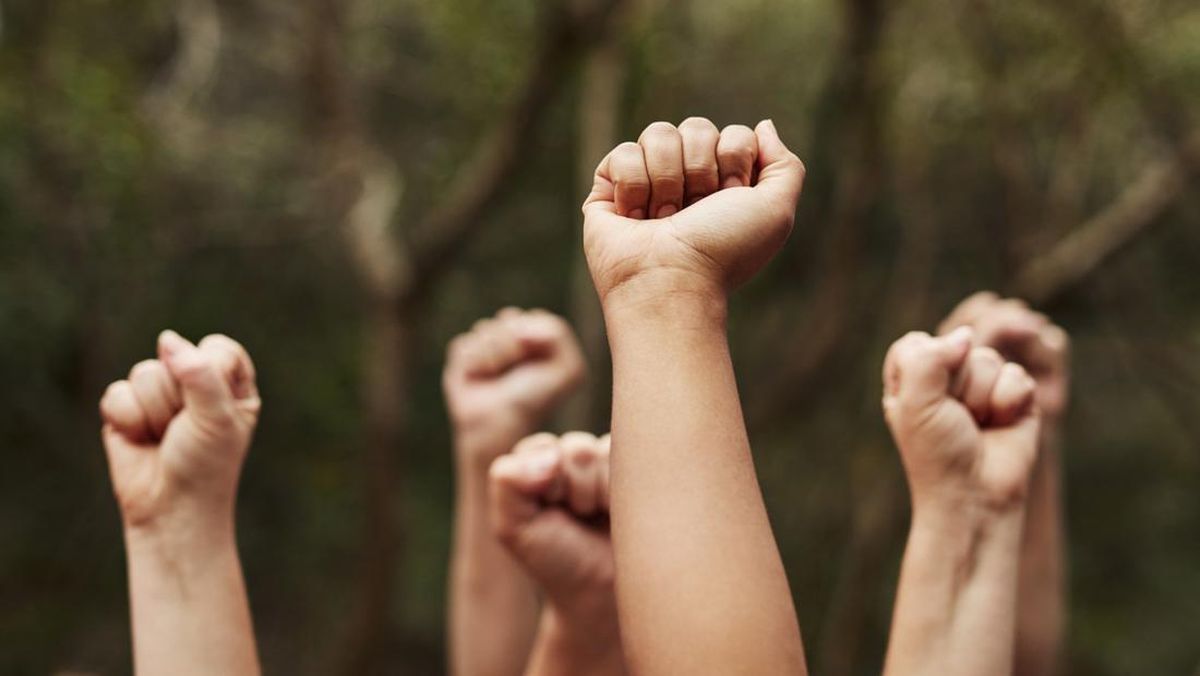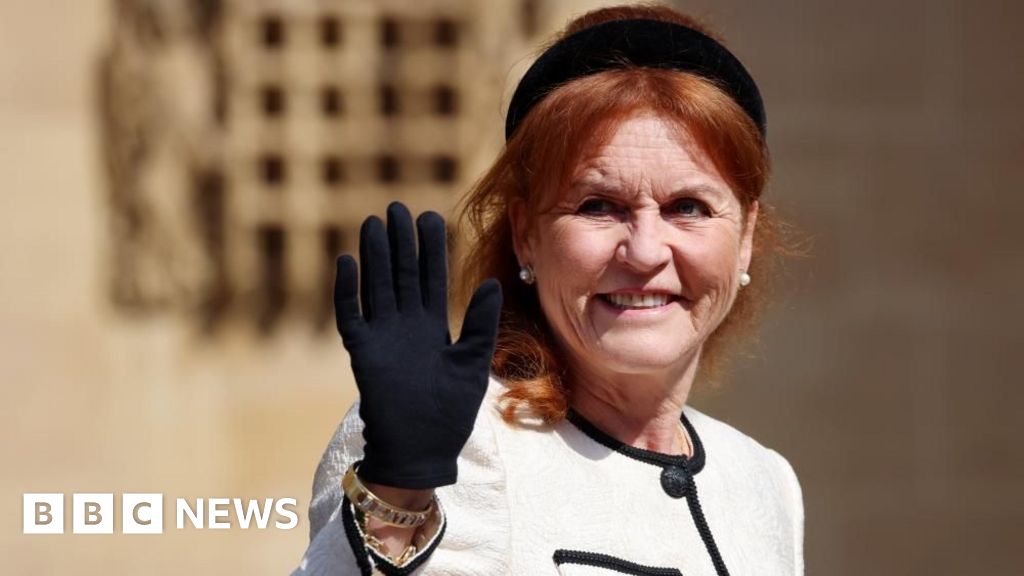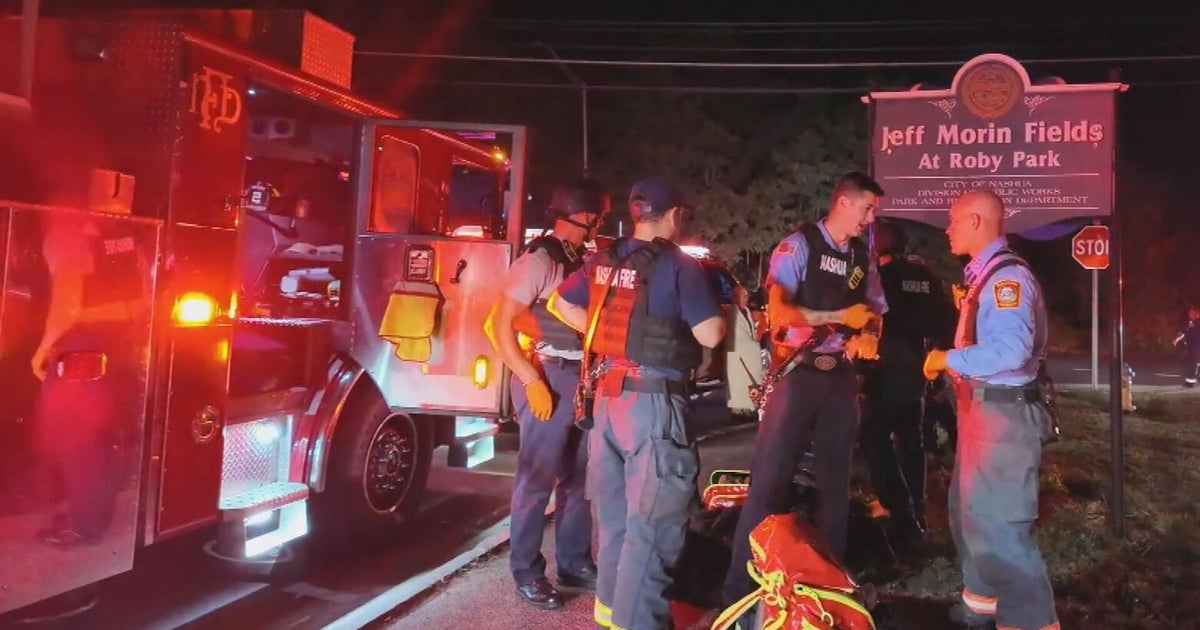Megha MohanBBC World Service Gender and Identity correspondent

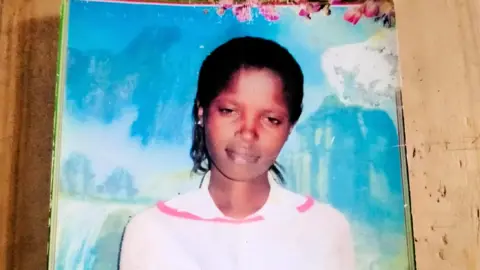 Wanjiru Family
Wanjiru Family
Agnes Wanjiru, who was 21 when she was killed, had just recently become a mother
More than a decade after Agnes Wanjiru, a 21-year-old mother, was killed in Kenya, allegedly by a British soldier, a Kenyan court has issued an arrest warrant for a UK national. If there is an extradition, it would be the first time a serving or former British soldier is sent abroad to face trial for the murder of a civilian – a move her friends would welcome.
On the night she went missing on 31 March 2012, Agnes begged her childhood friends Friend A and Friend B to come out with her.*
Agnes and Friend A were both new mothers, both 21-years-old, both wanting to let off some steam.
Friend B was eager to go out too, and agreed to meet them at the bar at Lions Court Hotel - located in the business district of Nanyuki, a market town in central Kenya, around 124 miles (200km) north of Nairobi.
That evening, Friend B's mother agreed to watch over Agnes's five-month-old daughter for a small babysitting fee. With childcare settled, Agnes and Friend A set off, making their first stop at a bar called Sherlock's.
"There were a lot of muzungu (white) men there," says Friend A. "I remember some were in plain clothes and some were in army clothes."
The British Army has a permanent training support base in Nanyuki, and white men, many of them soldiers, were a familiar presence. Locals referred to them as Johnnies, a nickname that carries unsavoury connotations.
"They made me uncomfortable because I'd heard bad things about muzungu men," Friend A recalls.
"Muzungus don't treat us Kenyan women well," adds Friend B. "Johnnies, especially, mistreat us. They disrespect us."
For young women like Agnes, the risks of engaging with these men were often weighed against the struggle to make ends meet.
"When women are financially desperate, they will do almost anything to survive," Friend A says. "I don't believe Agnes was a sex worker though. I never saw her do that. She was very poor."

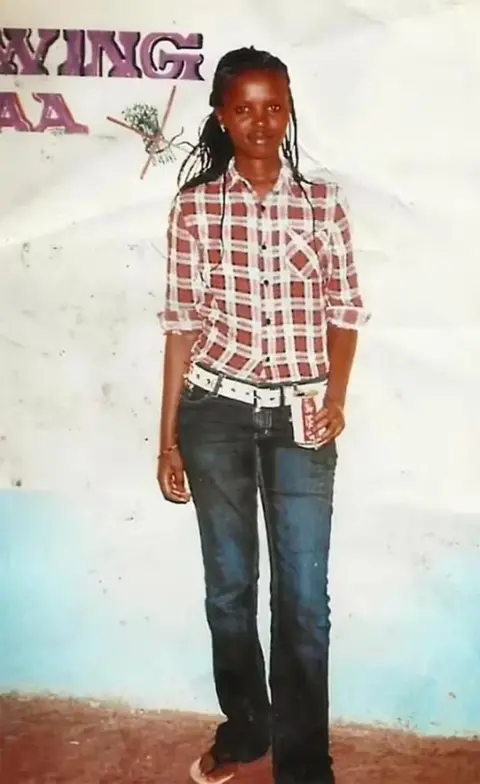 Wanjiru Family
Wanjiru Family
The young Agnes struggled to make ends meet to provide for herself and young child
Her friends say that on a good day Agnes would earn around 300 Kenyan shillings - less than £1 ($1.35). On a bad day there was nothing at all, and she relied on the goodwill of her loving elder sister.
Agnes did not have any financial support from the father of her child, and her friends say she was constantly trying to earn money, mostly working in salons and braiding people's hair, at times turning to more unconventional means.
One method, Friend A recalls, was simple: Agnes would befriend someone who offered to buy her a drink, then quietly ask the bartender to skip the drink and hand her the cash instead.
At Sherlock's bar that night, Friend A was scrolling through Facebook when she noticed Agnes in what appeared to be a tense exchange with a white man.
"When I approached her to ask her if she was OK, she told me to go to Lions Court as planned and that she would join me shortly."
Friend A continued on to the hotel, where Friend B and several others were already dancing. A crowd of white men was also present.
Agnes joined them a little while afterwards.
She told her friends she had "cheekily" tried to take a muzungu's wallet, but a bouncer had intervened. The matter seemed resolved, her friends say. And to her friends, Agnes seemed relaxed.
"She was in high spirits," says Friend A. "She was joking around."
At around midnight, Friend A left for home, leaving Friend B and Agnes and their friends dancing.
"The muzungus were buying us drinks, and Agnes was returning them to the bar in exchange for money," Friend B adds. The two started mingling with other friends. A little while later, Friend B says she saw Agnes leave the bar with one of the white men and assumed that they had come to a consensual arrangement. Other reports say that Agnes was seen leaving with two men.
The next morning, Friend B went to Agnes's house and saw her worried sister, who told her that Agnes had not returned. She rushed to her own mother's house, where she found Agnes's baby still in her care.
By early evening when Agnes had still not returned, Friend B and another friend went to Nanyuki police station to report her missing, and return the baby to Agnes's sister.
For days, Agnes's friends searched for her. At Lions Court, a watchman told them there had been "a big fight" in one of the hotel rooms that weekend and a window had been broken.
Nearly three months later, Agnes's body was discovered in a septic tank near the hotel. She had been stabbed. Friend B and another friend went to the mortuary to see Agnes's body.
"I felt terrible," Friend B says. "I couldn't imagine something like this could happen."
It would take years before Agnes Wanjiru's murder drew wider attention.
Kenyan judge Njeri Thuku concluded after an inquest in 2019 that Agnes had been murdered by one or two British soldiers. The Sunday Times exclusively revealed that Agnes's killing, allegedly by a British soldier, was well-known amongst the troops in Nanyuki. The publication reported that the soldier was struck off by the army but continues to live freely in the UK.
"I believe that there are many men responsible for Agnes's death," Friend A says. "Many men know what happened, and many have covered it up."
Momentum built again in 2024 when Open Democracy reported that the British Army had failed to discipline soldiers for paying for sex despite such conduct being explicitly banned in 2022, following the allegations involving UK troops in Kenya.
This prompted an internal investigation in August 2025, which revealed that some soldiers at the base were still engaging in transactional sex with women, many of whom were vulnerable, coerced, or trafficked into sex work.
In April this year, UK Defence Secretary John Healey met Agnes's family, in Kenya to offer his condolences and issue a statement saying the British government "will continue to do everything we can to help the family secure the justice they deserve".

 British High Commission Nairobi
British High Commission Nairobi
John Healy met Esther Njoki in April - the first time any UK government minister had met the Wanjiru family
On 16 September, a Kenyan High Court issued an arrest warrant for a British national suspected of murdering Agnes Wanjiru.
If extradited, it would be the first time a serving or former British soldier is sent abroad to stand trial for the killing of a civilian.
"It is highly welcome and a positive step towards the arch of justice," says Kelvin Kubai, a lawyer at the African Centre for Corrective and Preventive Action. "However the battle isn't yet won, given the legal hurdles of extradition proceedings, and we hope the relevant government institutions of both states shall continue cooperating to meet the ends of justice."
Agnes's niece, Esther Njoki, has created a GoFundMe page in order to raise money to support the family, travel to the UK and create more awareness about the murder of her aunt.
"We need to push for financial security for Agnes's daughter," Esther says, adding that she is now a teenager.
And Agnes's friends agree that justice has been delayed too long.
"The British Army cannot keep ignoring the murder of our friend," Friend A says. "We want justice for Agnes and her daughter."
The BBC has asked the Ministry of Defence for comment.
*The BBC has changed the name of all people listed as witnesses by a Kenyan High Court
You may also be interested in:

 Getty Images/BBC
Getty Images/BBC

 2 hours ago
1
2 hours ago
1




